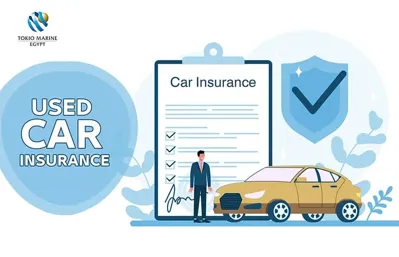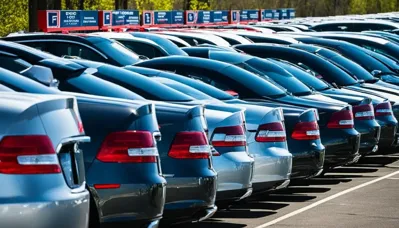If you're looking for a budget-friendly vehicle option, repossessed cars can offer both significant savings and a broad selection of makes and models. Repossessed cars often sell for less than similar vehicles on the traditional used market, making them a smart choice for those hoping to avoid the high costs of a brand-new car.
![]()
What is a Repossessed Car?
A repossessed car is a vehicle taken back by lenders, usually when the original owner fails to meet their loan obligations. These cars are typically sold through auctions or specialized dealerships, often at competitive prices. Repossessed vehicles come from various sources, including banks, credit unions, and government auctions, offering buyers a wider range of options compared to traditional used car lots. However, they’re typically sold “as-is,” so buyers may need to budget for potential repairs.
Benefits of Buying a Repossessed Car
- Cost Savings
One of the most appealing aspects of buying a repossessed car is the potential for significant savings. Since lenders aim to recover funds quickly, prices are often set below traditional dealership rates. While not all repossessed cars are bargains, savvy buyers can find great deals with careful research and a willingness to inspect the vehicles closely. - Wide Selection
Repossessed cars come from a variety of sources, making it easier to find a wide range of models, including economy cars, SUVs, and luxury vehicles. With cars from different owners, you may come across unique options not readily available in typical used car inventories. - Potential for Excellent Value
For those who take the time to research and inspect before buying, a repossessed car can represent excellent value. With lower upfront costs, these vehicles may offer reliable performance with proper maintenance and care.
Tips for Buying a Repossessed Car
- Research Market Prices
Before visiting an auction or dealership, research the average market price of the models you're interested in to help recognize a fair deal when you see one. - Inspect Thoroughly
Since repossessed cars are often sold “as-is,” conduct a thorough inspection or, if possible, bring a mechanic to check the car’s condition. Some reputable dealers may offer a basic inspection report, but this is not guaranteed, especially at auctions. - Understand the Auction Process
If buying from an auction, familiarize yourself with the auction rules. Some auctions offer pre-bidding inspections and may provide limited warranties on select vehicles, so knowing what’s available can help you make informed decisions. - Factor in Potential Repair Costs
While repossessed cars can be cheaper initially, some may need repairs or maintenance due to neglect by the previous owner. Estimating these costs beforehand can help you decide if a vehicle is worth the investment. - Set a Budget and Stick to It
Auctions and attractive prices can make it tempting to overspend. Set a firm budget and stick to it, accounting for any additional repair or maintenance expenses. - Check Vehicle History
If possible, obtain a vehicle history report. This report can provide information about past accidents, maintenance history, and any recalls, helping you make a well-informed purchase.
Conclusion
With careful planning, buying a repossessed car can provide significant savings and a broader selection of vehicles. By researching, inspecting, and budgeting, you can confidently explore repossessed car options and find a vehicle that meets your needs and budget.


